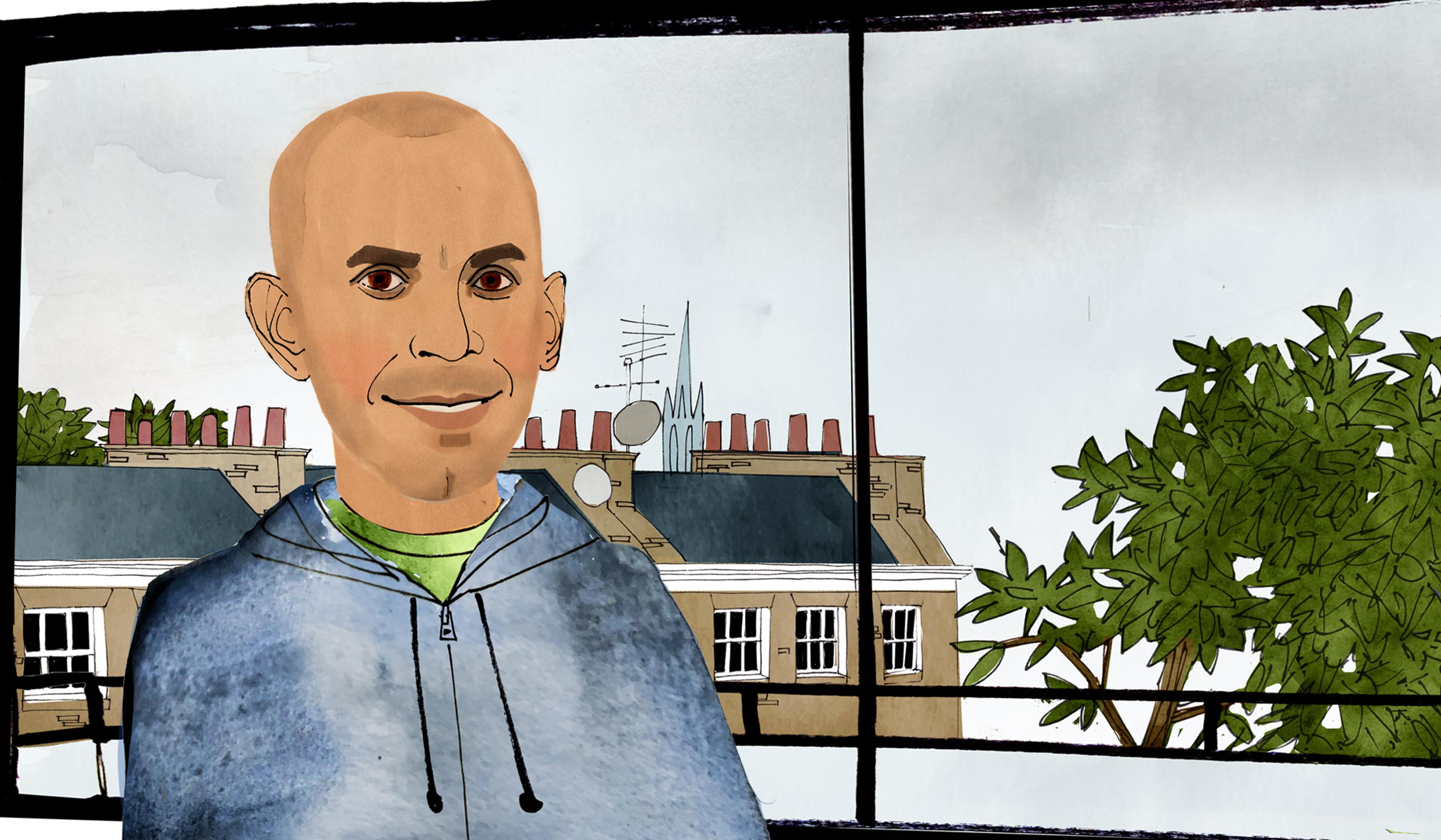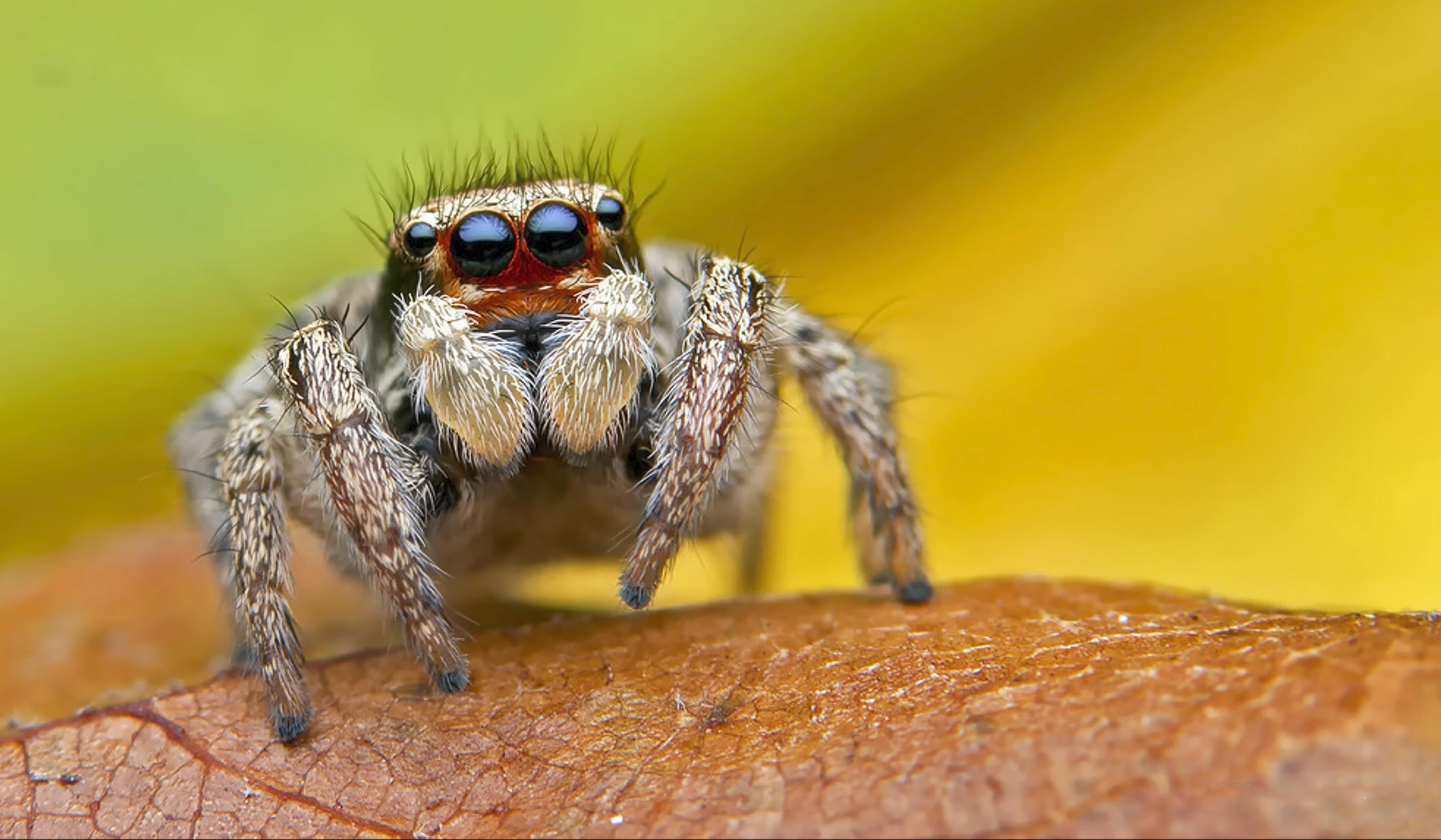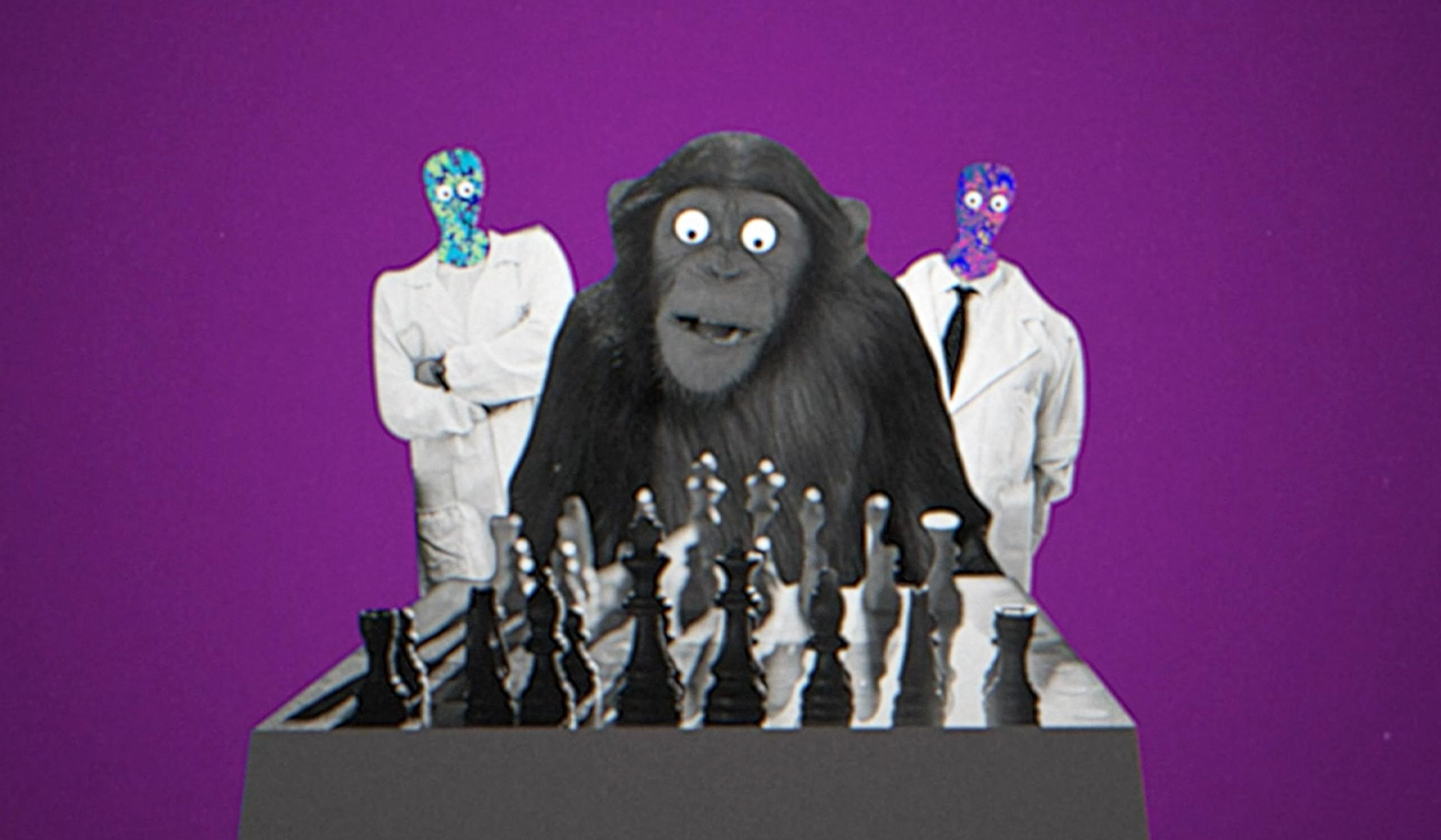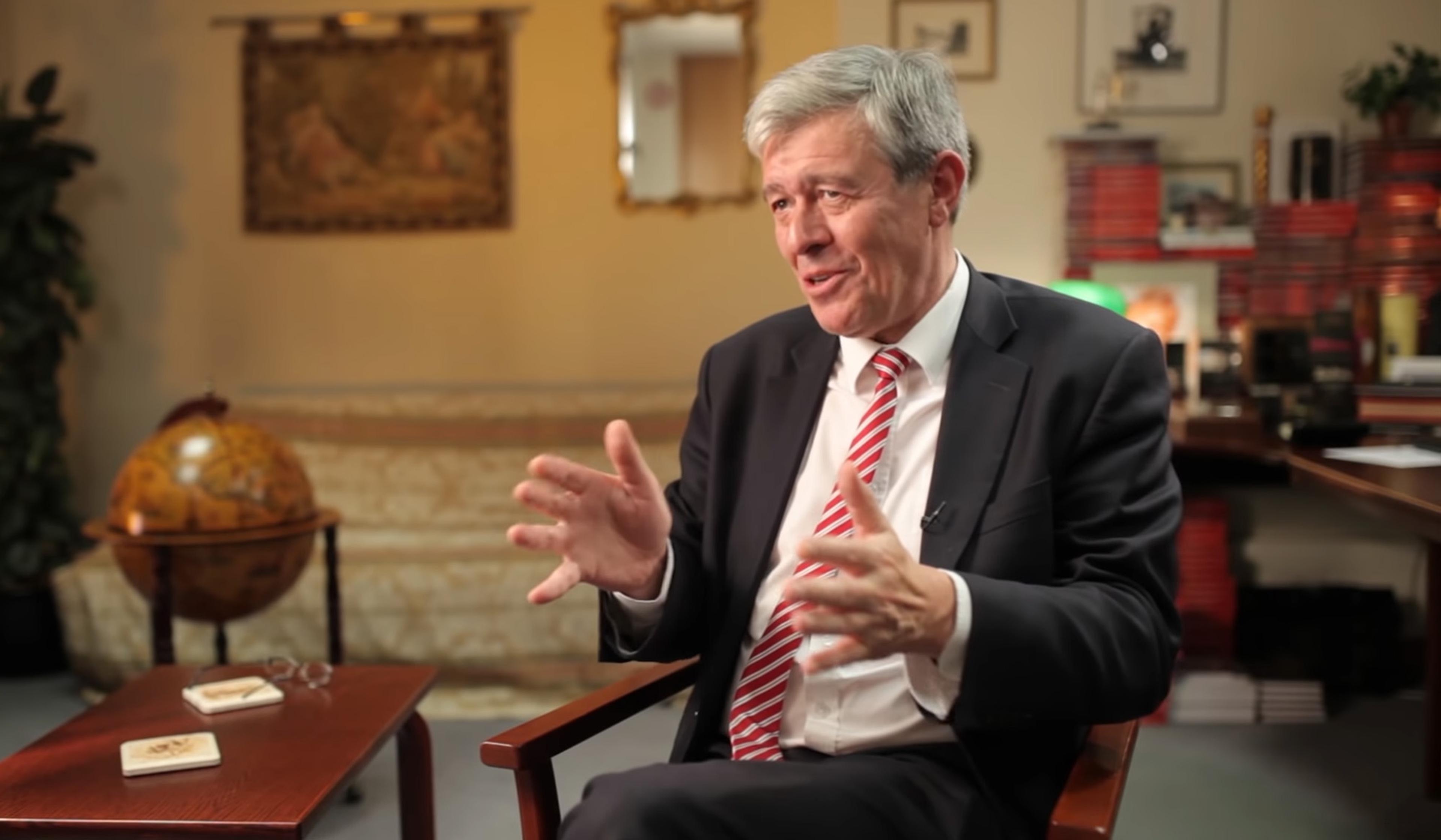Many scientists believe that natural selection brought our perception of reality into clearer and deeper focus, reasoning that growing more attuned to the outside world gave our ancestors an evolutionary edge. Donald Hoffman, a cognitive scientist at the University of California, Irvine, thinks that just the opposite is true. Because evolution selects for survival, not accuracy, he proposes that our conscious experience masks reality behind millennia of adaptions for ‘fitness payoffs’ – an argument supported by his work running evolutionary game-theory simulations. In this interview recorded at the HowTheLightGetsIn Festival from the Institute of Arts and Ideas in 2019, Hoffman explains why he believes that perception must necessarily hide reality for conscious agents to survive and reproduce. With that view serving as a springboard, the wide-ranging discussion also touches on Hoffman’s consciousness-centric framework for reality, and its potential implications for our everyday lives.
It’s impossible to see the world as it is, argues a cognitive neuroscientist
Video by The Institute of Arts and Ideas

videoPhilosophy of mind
Anil Seth on why our senses are fine-tuned for utility, not for ‘reality’
10 minutes

videoNeuroscience
Aristotle was wrong and so are we: there are far more than five senses
6 minutes

videoBiology
To understand the limits of human senses, look to the wild world of animal cognition
45 minutes

videoSocial psychology
Don’t misread Darwin: for humans, ‘survival of the fittest’ means being sympathetic
5 minutes

videoEvolution
Why making if-then connections might be the key to consciousness
5 minutes

videoEthics
BBC producer John Lloyd argues against the cult of knowledge and information
2 minutes

videoNeuroscience
How perception leaves the door open for augmented reality to transform our world
4 minutes

videoPhilosophy of mind
‘Minds have always been outside themselves’: Raymond Tallis on extended cognition
9 minutes

videoPhilosophy of mind
Embodied cognition seems intuitive, but philosophy can push it to some strange places
14 minutes